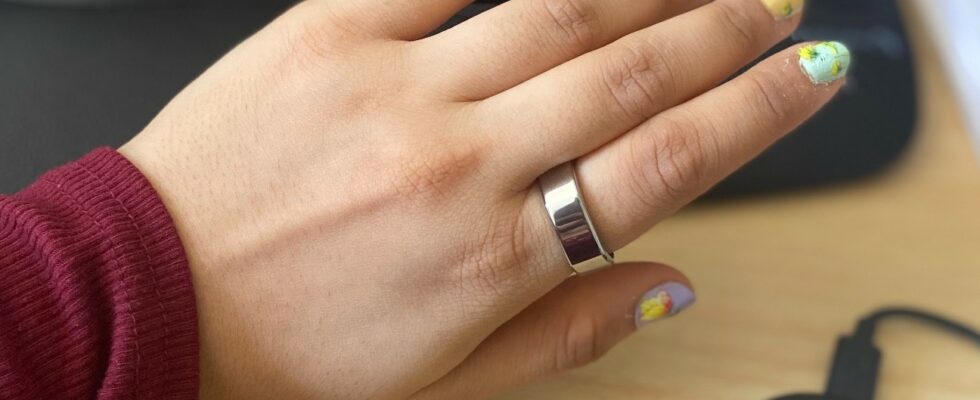We all face stress. It is an inevitable aspect of our lives. Even the most relaxed people experience certain stressors: new job, new child, death in the family. However, it is possible to get help.
In addition to detecting signs of stress in our bodies, which the Oura ring also does, the device now measures its wearer’s ability to manage and recover from that stress.
Oura’s new resilience feature differs from other wearables that can detect high stress levels at any given time. This new feature measures how quickly and effectively you can recover from a stressful situation by analyzing different metrics collected by the Oura ring, such as how quickly your heart rate stabilizes.
The ability to manage stress and a way to act on it
“If you’re giving a speech on a big stage, you expect your heart rate to go up, your heart rate variability to go down, your hands to get a little sweaty – you see all these physiological changes happening, and that are good changes,” Shyamal Patel, Oura’s chief scientist, told ZDNET. “But right after the conference ends, you can return to normal. Your physiology can recover: your heart rate goes down – and this happens very quickly. This is called resilience.
Think of resilience as an ability to manage stress and a way to act accordingly. With Oura, the function can make the difference between stress experienced during the day and the body’s recovery, which can occur during the day, but especially during sleep, at night. The feature also analyzes how your body can recover from stress in different daily situations.
“You can build resilience. You can introduce stress management techniques and approaches to try to give your body that ability to recover and train,” says Patel. “Our goal is to promote a better understanding of stress and how we can better manage it.”
Help manage stressful situations
The company wants the wearer’s goal to no longer be to eliminate stress, which is neither realistic nor even possible for most people. Rather, the goal is to help the wearer become more resilient and have the tools to handle stressful situations – and that starts with better understanding and actionable data.
Stress tracking is a familiar concept in wearable connected devices. The approach provides simple assessments throughout the day, such as an elevated heart rate alert or prompting to perform guided relaxation techniques. Oura’s new feature goes further.
“Resilience is a slower-changing metric because it looks at data over a two-week period. Some users may see their resilience change two or three times a month, others less often,” says Patel. “Resilience is one of the metrics that’s moving a little slower, but that’s by design.”
Meditation, hormesis and social relationships
The goal of Resilience is to give Oura users the information they need to improve their approach to stress management. There are different ways to start managing stress, including focusing on the fundamentals of good health (quality sleep, regular exercise, healthy eating), exposing yourself to hormesis techniques, practicing meditation and maintaining social relationships.
Oura developed the Resilience function based on scientific foundations. Mr Patel said the Finnish company partnered with the University of Southern Denmark to validate the alignment of the resilience measure with subjective feelings of recovery. He expects researchers to conduct external validation, as in the case of the Oura ring’s sleep tracking feature.
To go further on the Oura connected ring
Source: “ZDNet.com”
